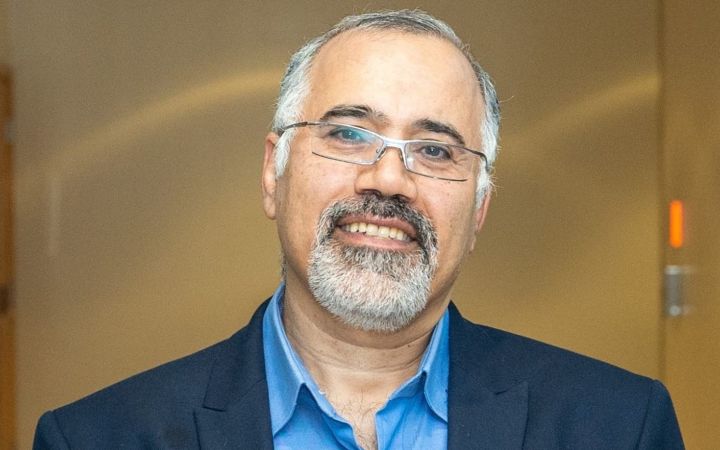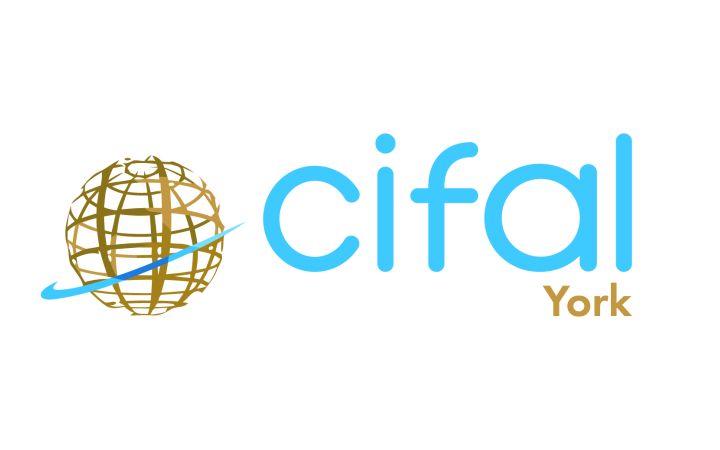Summary
Established in 2020, the International Training Centre for Authorities and Leaders in Toronto (CIFAL York) was created within the premises of the University campus in Toronto, Canada.CIFAL York provides a range of learning opportunities and facilitates knowledge sharing between public servants and leaders of the Western Hemisphere to strengthening their capacities, improving the decision-making process and encouraging sustainable development.
The capacity development activities of the Centre will focus on diversity and inclusion, health, entrepreneurship and economic development, and in integrating the Sustainable Development Goals in academic institutions. Created in 1959, York is Canada's third largest university – with over 56,000 undergraduate and graduate students in 11 faculties - and is a global leader in interdisciplinary teaching and research committed to the public good. York hosts 25 innovative and collaborative research centres, with strengths in vision and space sciences, history and refugee studies, health, the environment, climate change, sustainability and digital media. York University has established its reputation worldwide with 280 international partnerships and nearly 9,000 international students from 178 countries.
Scope: North America.
Thematic Areas:
- Diversity and Inclusion
- Environment, & Climate Change
- Disaster Risk & Emergency Management
- Entrepeneurship & DIgital Technologies
CIFAL York Director
Dr. Ali Asgary
Professor of Disaster & Emergency Management, and Associate Director of Y-EMERGE & Advanced Disaster, Emergency and Rapid Response Simulation (ADERSIM).
Dr. Asgary is an expert in disaster, emergency, and business continuity management. He has been actively involved in research, teaching, and professional activities in these fields since 1993. His research has been published in leading disaster and emergency management journals including Disasters, International Journal of Disaster Risk Reduction, International Journal of Disaster Science, Disaster Prevention and Management, Environmental Hazards, International Journal of Emergency Management, International Journal of Business Continuity and Risk Management, Journal of Contingencies and Crisis Management, and International Journal of Emergency Services among others. He was among the funding faculty members who started the first university program in Disaster and Emergency Management in Canada at Brandon University in 2003 and later among the funding faculty members who started Disaster and Emergency Management at York University. Dr. Asgary served as the IAEM Canada president between 2007-2009 and as a board member of IAEM during the same period. He has led as a PI, Co-PI, and collaborator in many research projects funded by different agencies including NSERC, GEOIDE, SSHRC, PreCarn, CIHR, NFRF, ORF, Transport Canada, Public Safety Canada, Welcome Trust, IDRC, and DRDC. Since 2015 Dr. Asgary has been the executive director of York University's Advanced Disaster, Emergency and Rapid-response Simulation (ADERSIM). His research interests include post-disaster recovery and reconstruction, business continuity and risk assessment, disaster and emergency simulations and modeling, applications of AI, VR, AR, and MR, and geomatics in disaster and emergency management, and cost-benefit analysis and decision-making under uncertainty.




